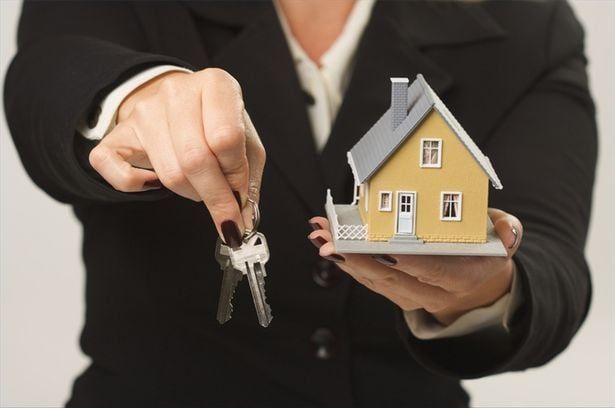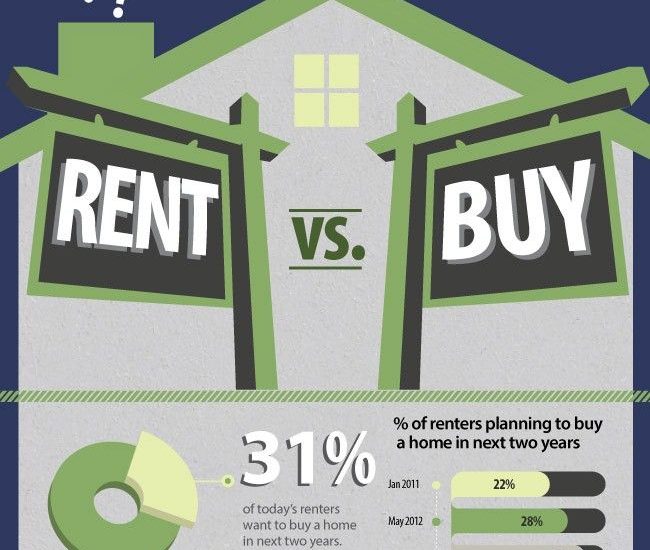Tips for Landlords: Managing Rental Properties Effectively
As a landlord, managing rental properties effectively is crucial for success in the real estate industry. From finding and retaining quality tenants to ensuring your properties are well-maintained, there are many aspects to consider when it comes to being a successful landlord. Here are some tips to help you manage your rental properties effectively:
1. Screen Tenants Carefully
One of the most important aspects of managing rental properties is finding and retaining quality tenants. Before renting out your property, make sure to screen potential tenants carefully. This includes conducting background checks, verifying income, and checking references. By selecting reliable tenants, you can minimize the risk of late payments and property damage.
2. Maintain Clear Communication
Effective communication is key to successful property management. Make sure to communicate clearly with your tenants about rent payments, maintenance requests, and any other issues that may arise. By maintaining open lines of communication, you can address problems promptly and build a positive relationship with your tenants.
3. Keep Properties Well-Maintained
Regular maintenance is essential for keeping your rental properties in good condition. Make sure to conduct regular inspections and address any maintenance issues promptly. By keeping your properties well-maintained, you can attract and retain quality tenants and maintain the value of your investment.
4. Understand Landlord-Tenant Laws
As a landlord, it is important to have a thorough understanding of landlord-tenant laws in your area. Familiarize yourself with your rights and responsibilities as a landlord, as well as the rights of your tenants. By staying informed about legal requirements, you can avoid potential legal issues and protect your investment.
5. Use Technology to Simplify Management
Technology can be a valuable tool for managing rental properties more effectively. Consider using property management software to streamline tasks such as rent collection, maintenance requests, and lease renewals. By leveraging technology, you can save time and effort and improve the efficiency of your property management operations.
6. Establish Clear Rental Policies
It is important to establish clear rental policies and guidelines for your tenants to follow. This should include rent payment due dates, late fees, maintenance responsibilities, and rules for common areas. By setting clear expectations from the beginning, you can avoid misunderstandings and disputes down the line.
7. Build Relationships with Contractors
Having a reliable network of contractors and service providers is essential for managing rental properties effectively. Build relationships with trusted contractors for maintenance and repairs, as well as other professionals such as plumbers, electricians, and landscapers. By having a reliable team of contractors on call, you can address maintenance issues promptly and ensure your properties are well-maintained.
8. Stay Organized and Keep Records
Effective property management requires good organization and record-keeping. Keep detailed records of rent payments, maintenance requests, lease agreements, and other important documents related to your properties. By staying organized, you can easily track expenses, monitor rental income, and ensure compliance with legal requirements.
Conclusion
Managing rental properties effectively requires a combination of careful planning, clear communication, and proactive maintenance. By following these tips, you can maximize the profitability of your investment properties and provide a positive rental experience for your tenants. Remember to stay informed about industry best practices and continuously seek ways to improve your property management skills.


